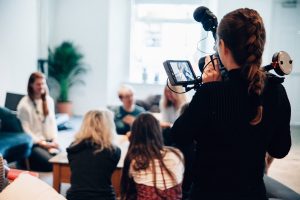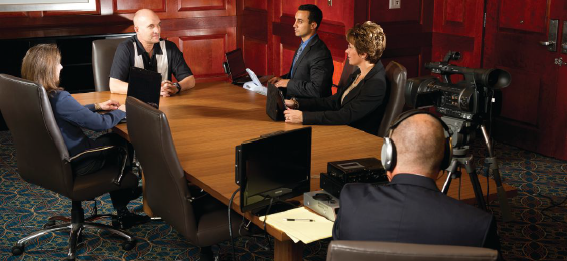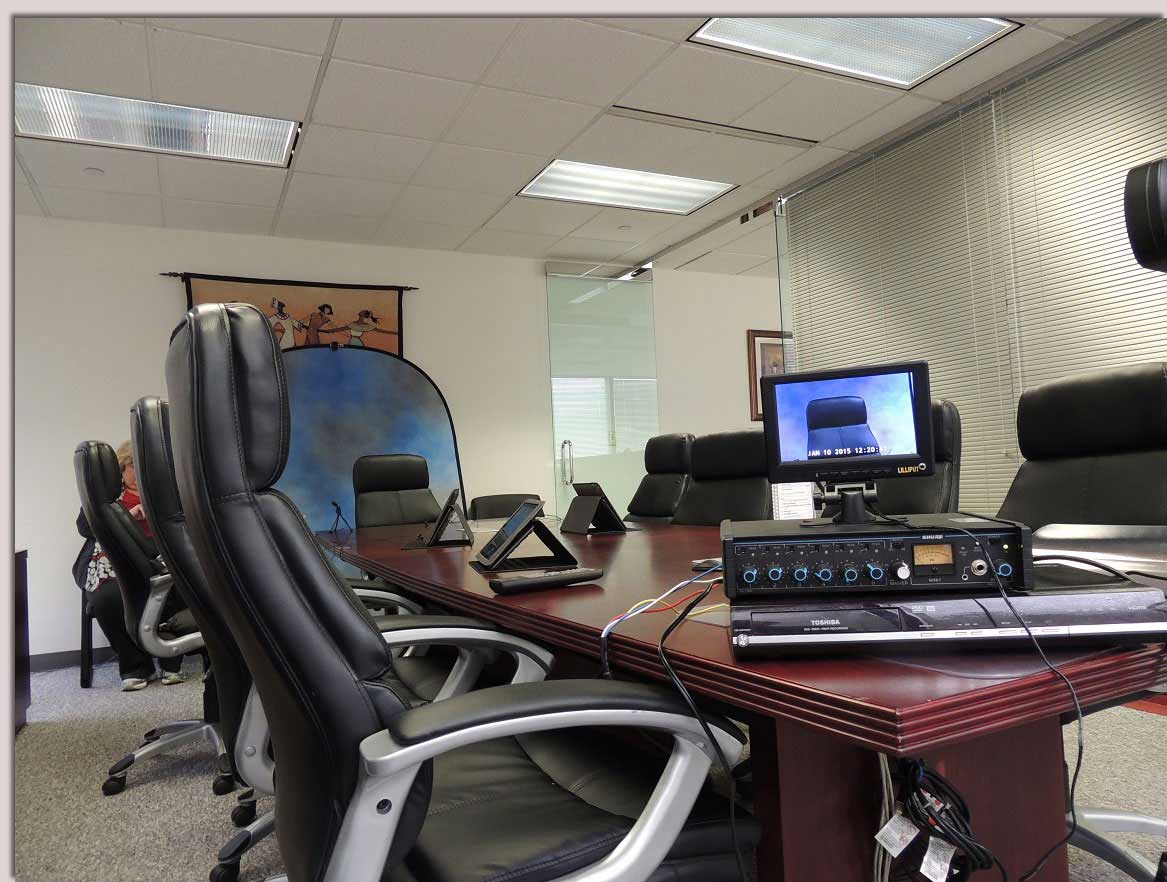The Duty of Legal Videography in Depositions and Trials
Lawful videography has emerged as a vital tool in both depositions and tests, offering a complex technique to documenting witness statements. As legal experts significantly acknowledge its worth, it triggers a much deeper evaluation of just how these visual documents can influence juror understandings and test results.

Value of Legal Videography
Lawful videography plays a pivotal function in the documents and presentation of depositions and trials. This customized field integrates technological skills with lawful knowledge to produce a reliable document of process that can considerably influence instance end results. The visual facet of lawful videography enhances the understanding of witness statement, enabling jurors and courts to observe not just the talked words but likewise the attitude, feelings, and body language of the witnesses.
Furthermore, lawful videography supplies an unbiased account of events, reducing the capacity for misconception that can accompany composed transcripts alone. This visual documentation acts as an essential tool during trial presentations, facilitating a more clear and even more convincing narrative for both plaintiffs and offenders. The ability to replay video clip sectors throughout court proceedings enables lawful groups to highlight essential factors, enhancing their disagreements effectively.
The importance of lawful videography prolongs beyond the court room; it also plays a crucial role in protecting proof for future recommendation, whether for appeals or additional lawsuit. Therefore, its integration right into the legal procedure is necessary for guaranteeing a reasonable and precise depiction of the facts, inevitably contributing to the search of justice.

Process of Legal Videography
While catching the subtleties of depositions and trials, the process of legal videography includes numerous crucial steps that guarantee high-grade, accurate recordings. At first, an expert lawful videographer prepares by assessing the case materials and comprehending the certain needs of the deposition or test. This preparation includes acquainting themselves with the individuals and the context, which helps in recording significant information.
On the day of the recording, the videographer establishes up the necessary equipment, which generally includes high-definition cameras, microphones, and proper lighting. Guaranteeing optimal angles and sound quality is vital, as it straight affects the efficiency of the recording. The videographer communicates with attorneys and participants to develop methods, making sure that everybody comprehends the recording process.
Throughout the deposition or test, the videographer thoroughly tapes the process, paying close attention to both verbal and non-verbal hints. This includes catching the attitude and responses of witnesses and attorneys. After the session concludes, the videographer may modify the video footage for clarity and conformity with lawful requirements, producing a last item that accurately mirrors the procedures for future reference and usage in legal contexts.
Benefits in Depositions
The unification of videography in depositions uses various benefits that improve the overall procedure of gathering proof. One main benefit is the capacity to capture witness testaments with aesthetic and auditory integrity, offering an extra precise representation of the witness's behavior, tone, and body language. This multidimensional technique allows attorneys and courts to evaluate trustworthiness better than conventional written records alone.
Furthermore, videographed depositions act as a powerful tool for protecting testimony. Needs to a witness come to be unavailable for test, their taped deposition can be played in court, making sure that their evidence stays obtainable and pertinent. This element considerably reduces the risk of losing critical details that might impact instance end results.

Lastly, videography enhances the total professionalism and reliability of the deposition process, instilling confidence in clients concerning the thoroughness of their legal representation (legal videography). By leveraging modern technology, lawyers can significantly improve the performance of depositions
Effect On Tests
In lots of trials, the integration of videography can significantly affect the discussion of proof and the jury's perception. Lawful videography catches witness statements and vital evidence in a vibrant style, enabling jurors to engage with the product on several levels. This aesthetic element enhances the narration element of a trial, providing context and psychological vibration that conventional text-based evidence might lack.
Moreover, video clip recordings can serve as powerful devices for impeachment during interrogation. When inconsistencies occur between a witness's previous statements and their court room statement, video proof supplies an objective referral that can sway jurors' opinions. This immediacy and clarity can strengthen the reputation of a celebration's story while concurrently undermining opposing debates.

Future Trends in Legal Videography
As we look toward the future of legal videography, several arising trends promise to improve its role within the courtroom. One significant trend is the integration of expert system (AI) in video clip evaluation and editing and enhancing. AI can simplify the procedure of recognizing vital minutes in videotaped depositions, permitting lawyers to swiftly access pertinent material, consequently improving efficiency in case preparation.
Additionally, the surge of digital fact (VR) and enhanced reality (AR) innovations is expected to transform exactly how jurors experience evidence. legal videography. By submersing jurors in a substitute setting, these innovations can offer a more extensive understanding of intricate circumstances, causing more informed our website deliberations
In addition, the boosting demand for remote depositions, increased by the COVID-19 pandemic, will likely proceed. Legal videographers will certainly require to adapt to new software program and systems to guarantee top quality recordings in digital setups.
Lastly, the expanding emphasis on information safety will demand stricter methods for keeping and sharing video clip evidence. As the lawful landscape progresses, legal videographers need to stay abreast of these patterns to maintain their significance and effectiveness in the judicial procedure.
Conclusion
In recap, legal videography offers a crucial feature in the judicial process, improving the honesty of depositions and trials. By recording the nuances of witness statements, this tool not only protects important proof but likewise help in presenting info effectively to jurors. The significance of aesthetic documentation in examining reliability and assisting in interrogation can not be overstated. As innovation proceeds to evolve, legal videography is poised to more transform its role within the lawful landscape.